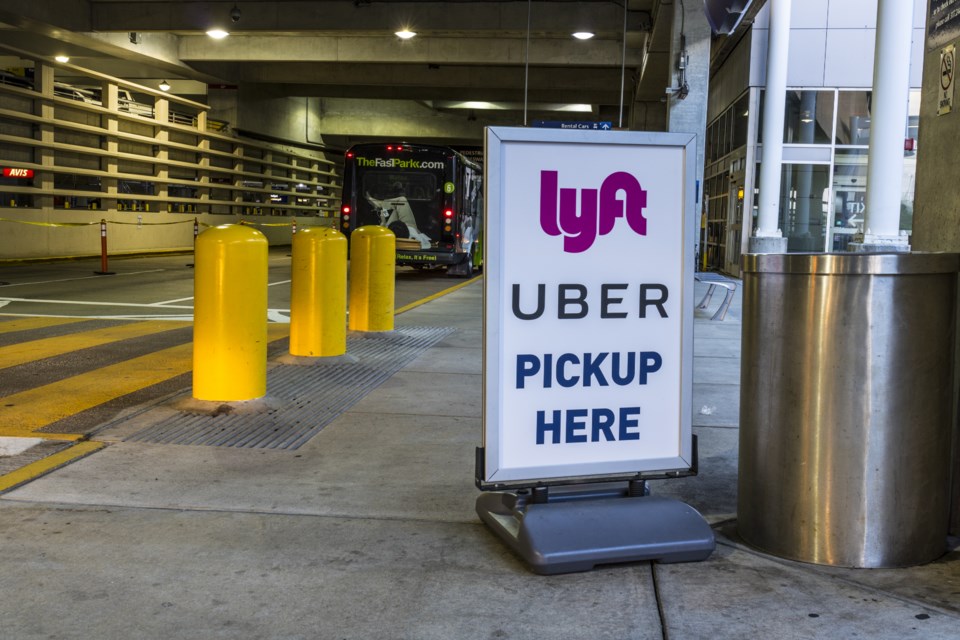Vancouver is still the largest metropolitan area in North America where ride sharing is still not legal. This might finally change next month when the provincial government – after a delay of two years relative to its initial timeline – allows companies like Uber and Lyft to operate…but even then only under heavy regulation.
One of the most controversial of the government regulations is the requirement that ride sharing drivers have a Class 4 commercial driver’s license. Its main effect will be to impede prospective casual drivers from working and significantly reduce consumers’ access to ride sharing by curtailing the supply of drivers.
Uber says requiring drivers to have the commercial license could limit company’s presence in the province to Metro Vancouver, and Lyft may not enter the British Columbia market at all.
The purported reason for the regulation is passenger safety, but this reasoning is not reasonable at all. People can be trusted to safely drive their children to school, their co-workers rides to work, or even random hitchhikers on the side of the road, all with a Class 5 license. But somehow if the exchange of money is involved, government doubts the ability of those same people to drive safety.
If there is any evidence that the exchange of money makes somebody a worse driver, I would like to see it. So too, I would suspect, would prospective Uber and Lyft drivers, as well as the British Columbians who would be forced to wait longer and pay more for rides due to the reduction in the supply of drivers this will cause.
But even supposing there would be some improvement to passenger safety, the regulation would still not be justified. The degree of safety that Uber and Lyft passengers want to have should be determined by the passengers themselves. If they want to accept slightly more risk in car rides in exchange for greater convenience and lower prices, it is their right to do so.
Indeed, if a worker should be allowed to change careers from the retail trade industry to hunting and fishing (where the risk of occupational fatality is about 70 times higher) why should this same person not be allowed to accept a slightly higher amount of risk by getting into a car driven by someone with a regular Class 5 license?
If there was great demand from customers for drivers to have a Class 4 license, it would be in the self-interest of the ride-sharing companies to stipulate that all their drivers have it, in order to attract more customers.
The fact that Uber and Lyft would not require their drivers to have the Class 4 license if there was no government regulation is near-conclusive evidence that the value to passengers of drivers having the Class 4 license exceeds the additional cost. If the benefits of the license were worth the cost, it would pay Uber and Lyft to require the licenses in absence of the regulation.
The government regulation which forces ride sharing drivers to have a Class 4 license is not based on reason or evidence. The regulation is a cost and inconvenience to drivers and passengers, with little or no compensating benefit to either – and it should be scrapped.
Matthew Lau is an economics writer. His columns have appeared in newspapers and online publications across Canada.



